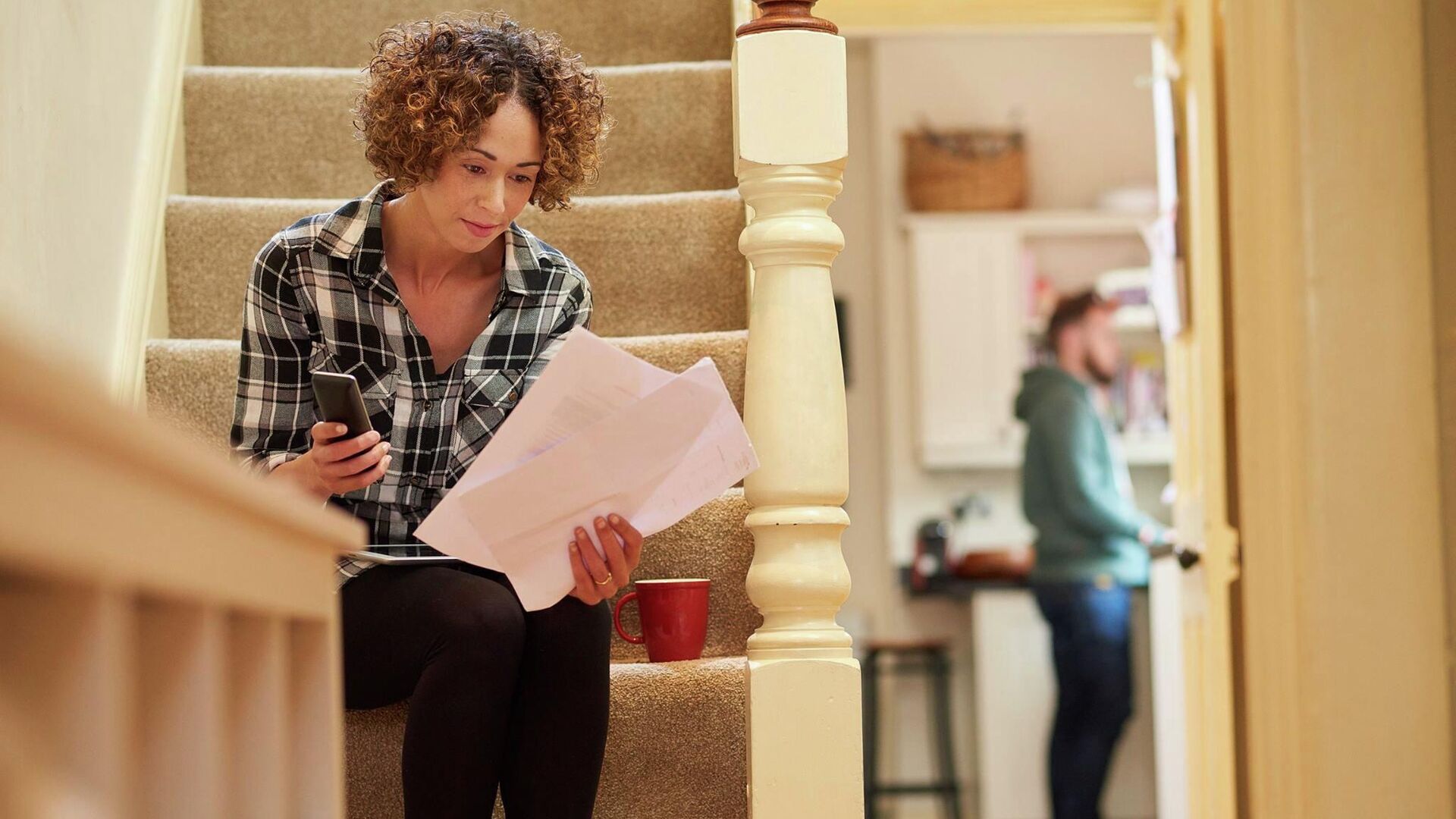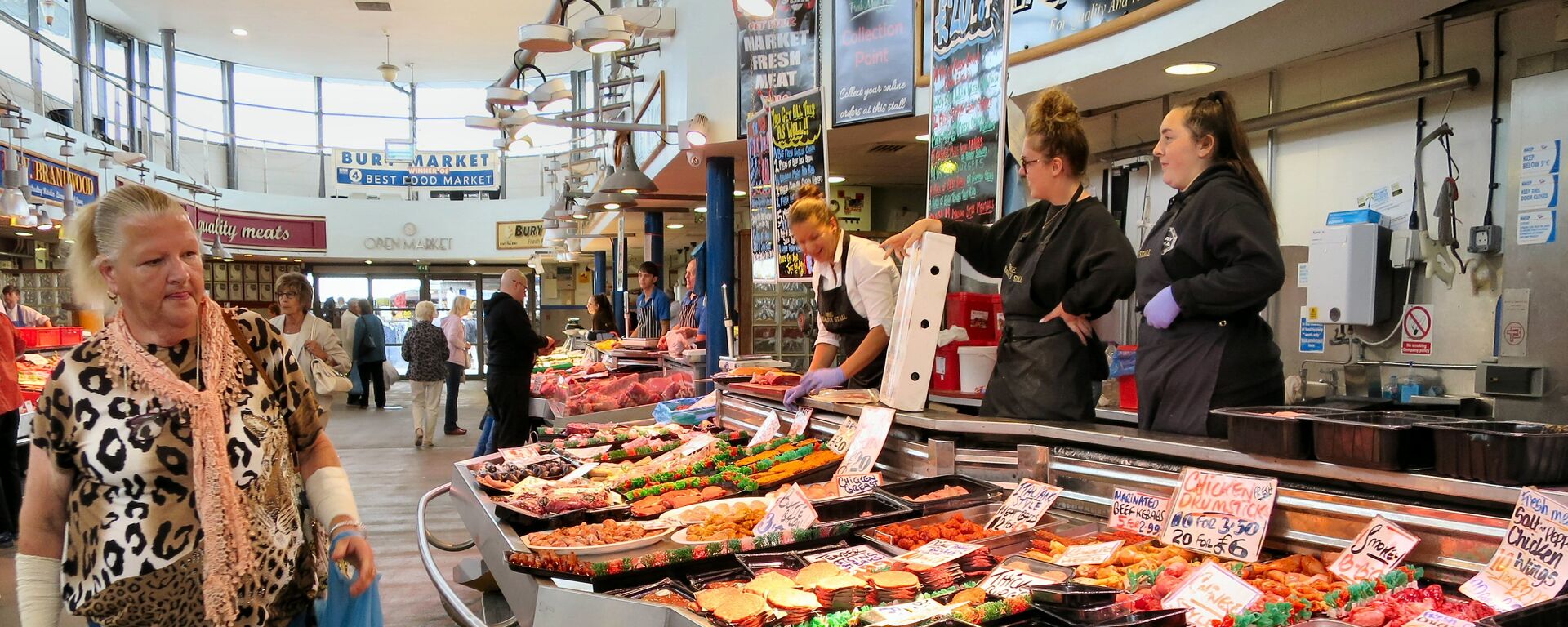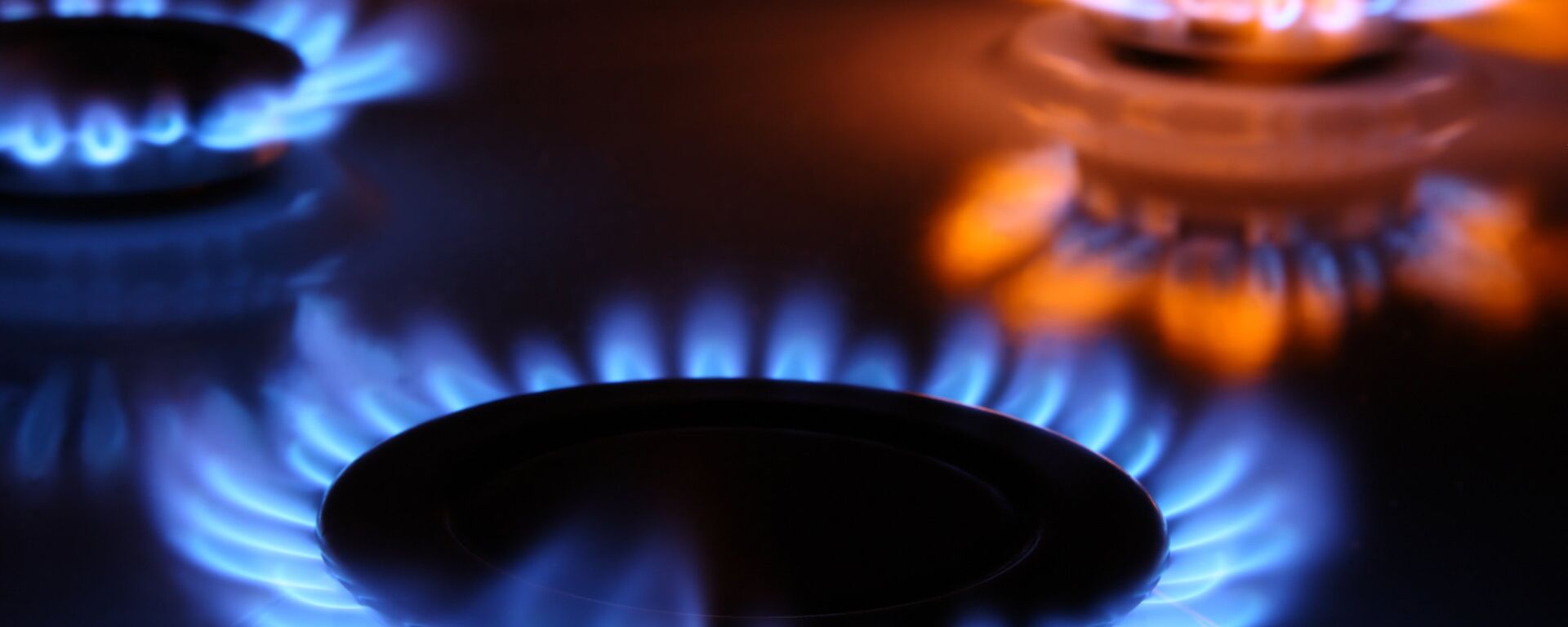UK Households Face Cost-of-Living ‘Hell’, Forced to 'Choose Between Meals or Heating', Shows Poll
07:43 GMT 25.04.2022 (Updated: 15:19 GMT 28.05.2023)

© Photo : Ofgem/face
Subscribe
Rocketing wholesale energy costs in recent months prompted a rise as of 1 April in the energy price cap for consumers which has led to about 22 million customers facing household bills that have soared by an average of £694 ($913), with an increasing number of UK families starting to feel the bite of a cost-of-living crisis.
More than half of Britain's households are already feeling the pinch of a cost-of-living crisis and will not be able to pay their bills within a matter of months, an exclusive survey for the Daily Mirror has shown.
Furthermore, the budget squeeze is forcing more than five million people across the country to choose between heating their home or skipping meals, while ditching all non-essentials and abandoning all holiday plans, the Deltapoll survey has revealed.
In another worrying finding, financial woes are increasingly taking their toll on people's mental health, with one in five surveyed admitting this.
The cost-of-living crisis was cited as the number one concern by almost two-thirds of the more than 1,600 adults questioned. The economy came second at 27 percent - a sharp decline from 55 percent in late January.
Nine out of 10 of those who were surveyed acknowledged having noticed their own cost of living rise and the biggest impact for many came fromsurging energy bills.
The equivalent of 5.3 million people (or one in 10) are now forced to choose between heating their home or going without food. After Ofgem raised the energy cap in early April, resulting in soaring bills, the regulator itself commissioned compliance reviews into energy suppliers to protect customer credit balances.
When asked whether suppliers might have misused credit balances, seven out of 10 polled thought they had.
The online survey, carried out between 21 and 23 April 2022, showed that 9 percent of those questioned couldn’t at present afford to pay their household bills – equivalent to about 4.8 million people. A similar situation could be faced by another 12 percent within weeks and a further 31 percent within a matter of months.
The poll highlighted other areas where households were tightening their belts the most.
One in six of those questioned have opted to give up their holiday plans, and more than a quarter have ditched all non-essentials, including TV subscriptions.
Here are some of the changes people in the UK have been introducing into their daily routine when faced with the cost-of-living crisis:
Opting to stay at home more - 41 percent
Buying fewer clothes - 37 percent
Buying fewer takeaways - 34 percent
Making fewer car journeys to save on fuel - 30 percent
Cancelled non-essential outgoings, such as TV subscriptions - 27 percent
Fewer nights out - 26 percent
Cancelled days out - 25 percent
Eating less healthily to save money - 18 percent
Cancelled holiday plans - 16 percent
Borrowed money from family or friends - 13 percent
Choosing between eating food and heating - 10 percent
Put essential bills on credit card - 8 percent
Cancelled gym membership - 8 percent
Increased overdraft - 6 percent
Gone with food so the children can eat - 6 percent
Spent less on children’s school activities - 5 percent
Missed one or more rent payments - 4 percent
Used payday lender - 3 percent
Spent less on children’s school trips - 3 percent
Used pawn broker - 2 percent
Missed one or more mortgage payment - 1 percent
None of the above - 19 percent
'It Will Only Get Worse’
The new major survey is the first since the UK industry regulator, the Office of Gas and Electricity Markets (Ofgem), lifted its energy cap as of 1 April.
The cap on the most widely used tariffs imposed by Britain's energy regulator, Ofgem, rose by 54 percent, driving up energy bills for some 22 million customers by an average of £694 ($913), from £1,277 to £1,971 for those on default tariffs paying by direct debit. Pre-payment customers faced an average hike of £708 from £1,309 to £2,017.
Furthermore, from 6 April 2022 to 5 April 2023 National Insurance contributions have been increased by 1.25 percent, to be spent on the NHS, health and social care in the UK.
The true scale of the crisis is only now being felt, claimed campaigners, such as Adam Scorer, chief executive of the charity National Energy Action.
“Energy bills haven’t landed yet, but people are not heating homes, not having a warm bath or shower, not using cookers and washing machines, not letting their kids watch TV. Knowing it will only get worse as we head to winter sends a shiver down my spine,” Scorer was quoted as saying.
He warned that by the time winter arrived “we will be measuring it in thousands of lives lost.”
According to Gillian Cooper, head of energy policy at Citizens Advice, “urgent help is needed” for those who have been hit the hardest.
The UK Labour party cited the alarming findings as it attacked Chancellor of the Exchequer Rishi Sunak for a perceived lack of action adequately to help those trying to make ends meet.
“Working people are being hammered, and the worst is about to hit. The Mirror’s poll shows just how bad things are already. People are working hard but getting less, and the Conservatives have put up taxes at the worst possible time. The Government’s refusal to act is shameful. We need an emergency budget now to put money back in people’s pockets,” Labour leader Sir Keir Starmer was cited as saying by the Mirror.
In response to the poll findings, a Government spokesman was cited as saying:
“We understand that people are struggling with rising prices, and although we can’t shield everyone from the global challenges we face, we’re supporting British families to navigate the months ahead with a £22billion package of support this financial year.”



